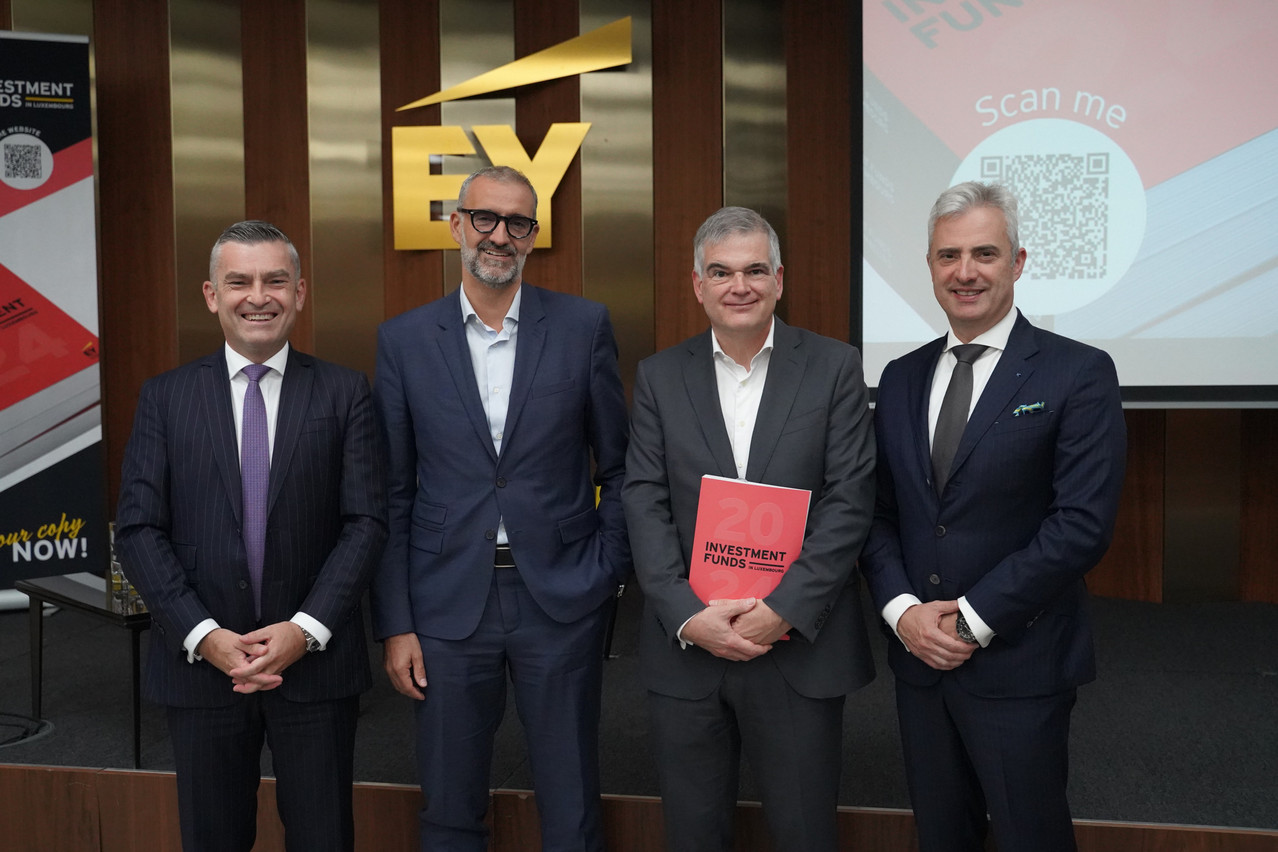“This past year has been quite transformational for the European fund industry, which has seen trends reshaping investment strategies and regulations,” said , partner and wealth and asset management leader at EY Luxembourg. “Not only this, but global stability has been impacted by elections across the world, such as those in France, India, the UK and the US, which undoubtedly have had, and will continue to have, a knock-on effect on the financial world. Luxembourg, as Europe’s largest fund centre, must continue to evolve to stay relevant in this competitive and changing environment.”
Here are a few takeaways from the 2024 edition of the , which coincides with the .
Key figures
As of April 2024, Luxembourg had 3,236 undertakings for collective investment.
Net assets as of April 2024 stood at approximately €5.42trn. Over 80% of assets were in Ucits.
In addition, 2,607 reserved alternative investment funds (Raifs) had been launched as at 2 May 2024, noted the report.
Investment policies
Variable-yield transferable securities or fixed-income transferable securities made up just over half of investment policies.
Retailisation
The revised European long-term investment fund (Eltif) regulation came into application in January 2024, noted the report. Around two-thirds (84) of the 132 Eltifs on the European Securities and Markets Authority’s register are domiciled in Luxembourg. As a “preferred domicile,” the grand duchy is “poised to benefit from the growing trend of making private asset alternative structures available to retail investors.”
Besides the revised Eltif regulation, EY’s report also highlighted updates to the Alternative Investment Fund Managers Directive (AIFMD) and Ucits directives, which aim to “harmonise and increase the flexibility of these frameworks by revising delegation, liquidity management, ancillary services and loan origination rules.” It will also be important, the firm argued, to increase retail investor participation in capital markets, which is the goal of the EU’s Retail Investment Strategy.
Digitalisation
When it comes to digitalisation, things to keep an eye on are the Digital Operational Resilience Act (Dora, whose deadline is 17 January 20250, the Markets in Cryptoassets regulation (Mica) and the evolution of artificial intelligence and the .
Sustainable finance
Luxembourg is also at the “forefront” of sustainable finance, said EY, with platforms like the Luxembourg Green Exchange, which .
Prioritise transparency and clarity
To tackle the “regulatory tsunami” washing over the European fund industry, regulators, industry associations, companies and professionals must engage in open and constructive communication, said the EY investment funds report. “It is imperative to continue to steer clear of unnecessary regulatory burdens, often referred to as gold plating, and to prioritise transparency and clarity in regulatory process.” And, added the firm, “it’s also the moment to be cautious of “domestic requirements” that may oppose the European passport of certain products and “ensure that all investment vehicles are afforded equal opportunity to participate in the market without undue barriers.”
